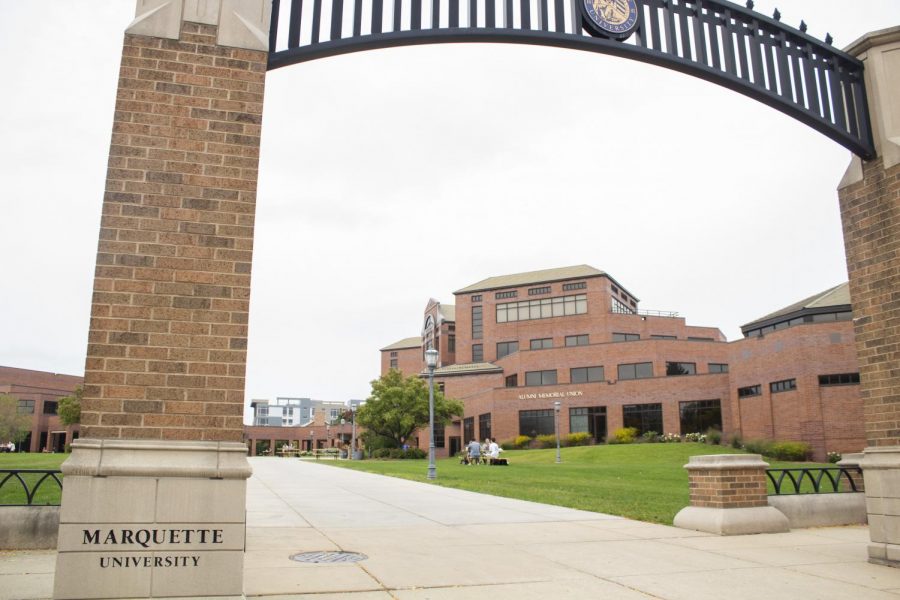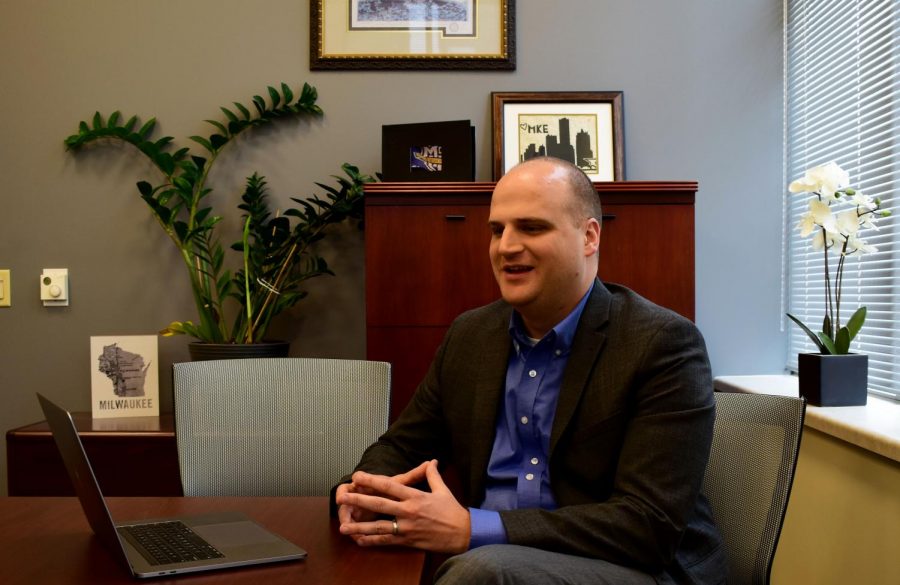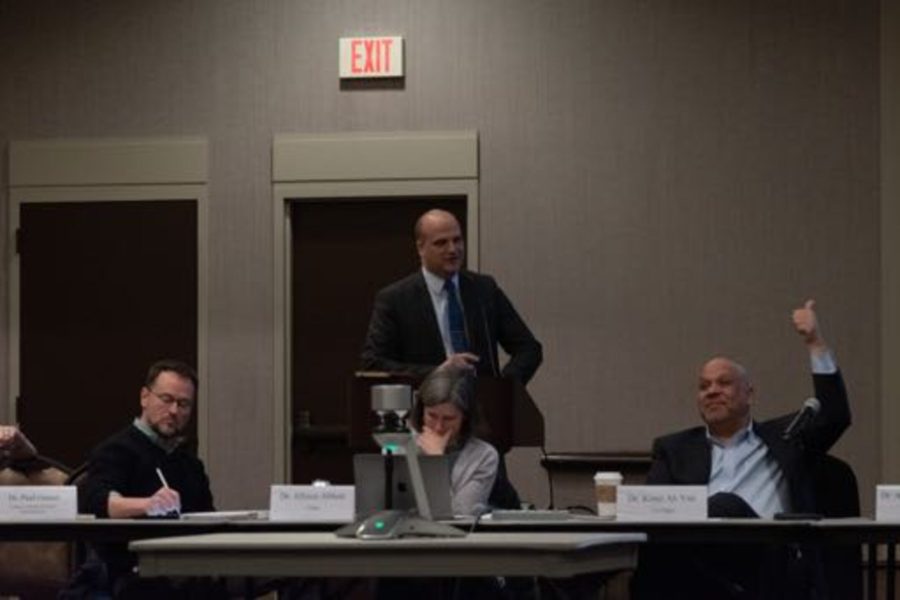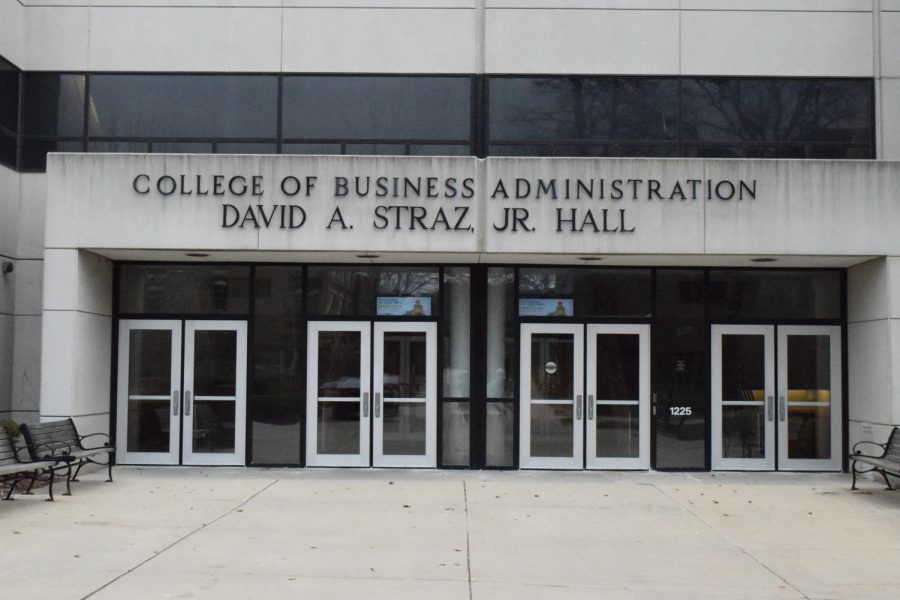Coronavirus concerns, enrollment, tenure, shared governance and academic experiences were the focus of the Nov. 16 Academic Senate meeting, which met virtually.
Provost Kimo Ah Yun acknowledged Marquette’s “high alert” status due to the university’s positivity rate, and the rising number of cases in Milwaukee. But he remained confident in the university’s ability to test, contact trace and quarantine students. With the announcement of Moderna’s successful new COVID-19 vaccine Monday, along with the Pfizer vaccine, Ah Yun expressed a positive outlook for the future.
Ah Yun said plans for the spring 2021 semester are still up in the air.
“Part of the challenge is going to depend on what happens in the next coming weeks with COVID-19,” Ah Yun said. “I can assure you we are constant contact with national and regional experts. We will take whatever action is appropriate and safe for our community.”
Enrollment deficits for the incoming Class of 2025, Ah Yun said, have improved in the last few weeks. They had 20% less applications than last year as of three weeks ago. The university is hoping to enroll 1,770 students.
“That was difficult,” Ah Yun said.
Ah Yun said that last week that deficit was only about 8%. This week it has decreased to about 7%.
Marquette has received 9,500 applications for the 2021-2022 academic year — about 700 fewer than last year. About 4,500 students have been accepted for next fall.
“We are hoping to overcome that,” Ah Yun said.
There have been 100 transfer applications, double the amount from last year at this time.
Gary Meyer, senior vice provost for faculty affairs, proposed amendments to the faculty handbook, notably the use of the term “terminal degree” and the language regarding how tenure is achieved. Faculty will be voting on changes at the next senate meeting.
Alix Riley, director of the institutional research, shared the results of the third academic experience surveys.
About 58% of respondents reported difficulties with Microsoft Teams, and 25% had difficulties with D2L.
Numerous faculty members, including Ericka Tucker, an associate professor of philosophy, and Julia Paulk, an associate professor of Spanish and Latin American studies, agreed with these results and voiced issues with Microsoft Teams as well.
Tucker advocated for using Zoom instead.
Consistent with the first and second surveys, students expressed a lack of communication from instructors and other students.
In terms of class satisfaction, students rated in-person classes higher than their hybrid, online synchronous and online asynchronous counterparts by between 15-22%.
The survey revealed that the majority of students are having a difficult time concentrating and balancing school responsibilities with other priorities.
The senate also voted in approval of new graduate studies programs, masters degrees in data science, student affairs in higher education and educational leadership and a new accelerated degree program in finance.
This story was written by Alexa Jurado. She can be reached alexa.jurado@marquette.edu.








